Time and care heal all scars
Every scar heals at its own pace. Minor non-surgical scars may heal within weeks to a few months, while surgical scars can take up to two years to fully mature. Surgeons often recommend waiting at least a year before assessing a scar’s final appearance.
Scars go through four distinct healing stages, each with noticeable changes. The illustration below outlines the scar healing timeline, but keep in mind that every person heals differently based on factors such as age, genetics, skin type, and overall health.

How will my scar look?
Your scar’s healing process is influenced by factors beyond your control, such as:
- The cause of the scar – surgery, burns, acne, or injury can all affect healing.
- The incision itself – its size, depth, and location play a role.
- Your treatment – whether stitches, bandages, or specialised care were used.
- Your health – genetics, age, nutrition, and overall wellness impact recovery.
It’s completely normal to feel concerned about your scar’s appearance. You might worry that it’s not healing fast enough or that it looks different from what you expected. Regularly monitoring your scar can help you track progress and spot potential issues early.
Tip: If you’re concerned about a problematic scar, consult your medical team before choosing a treatment. They can recommend the best approach for your specific situation.
What can I do to support my healing?
There are many therapies available to improve the function and appearance of scars, though their effectiveness varies from person to person. The type of treatment recommended depends on:
- How long it’s been since surgery
- How your scar is developing
- Your specific symptoms and concerns
Surgical scars can take up to 24 months to fully mature, so be patient with the process and give your scar time to heal.
The illustration below outlines standard and specialised scar therapies, which can be either self-administered or medically supervised. Your medical team may recommend using one or a combination of these treatments.

Scar Therapies: Self-Care
Topical Balms
Topical balms are applied to clean, close, and dry incisions throughout the healing phase. They help keep scars hydrated, support collagen production, and protect against external irritants, all of which can improve scar appearance.
Keeping your scar moisturised is key. Nokori recommends continuing to hydrate your scar even after it matures to keep the tissue soft and pliable.
Scar Massage
Scar massage involves gently rubbing and moving the skin to help prevent stiffness and adhesions.
Scar tissue can stick to underlying muscles, tendons, and nerves, limiting movement and making the scar feel tight or raised. Regular scar massage can:
- Increase flexibility and range of motion (especially for scars near joints)
- Break down excess scar tissue
- Reduce redness, swelling, and thickness
Silicone Products
Silicone gels, tapes, and pads help soften and flatten scars by hydrating the skin and reducing tension on the scar edges.
Silicone therapy is commonly used to:
- Retain moisture and promote healing
- Reduce itching and discomfort
- Prevent excessive scar tissue formation
LED Light Therapy
Red Light Therapy (RLT) is a non-invasive treatment that blends scar pigmentation with surrounding skin while stimulating collagen production.
Research suggests that RLT may help:
- Even out discolouration
- Improve overall skin texture
- Encourage faster skin regeneration
Scar Therapies: Light Medical
Skin Needling (Microneedling)
A minimally invasive therapy that uses tiny needles to stimulate collagen production and improve scar appearance.
While results vary, multiple treatments may be needed for best results.
Dermabrasion
This technique removes the top layer of skin, allowing smoother skin to regenerate.
It’s most commonly used for raised or uneven scars.
Laser Therapy
Two laser methods help with scars:
- Ablative laser therapy – Removes surface skin to flatten raised scars.
- Non-ablative laser therapy – Targets blood supply to reduce excessive scar growth.
Scar Therapies: Heavy Medical
Steroid Injections
Used to soften and shrink hypertrophic and keloid scars.
While steroids cannot remove a scar, they may help reduce thickness, itching, and discomfort. Side effects may include skin thinning or discolouration.
Cryotherapy
A treatment that freezes scar tissue using liquid nitrogen.
Primarily used for keloid scars, cryotherapy can stop scar growth if applied early. It is often combined with steroid injections for better results.
Surgical Revision
Surgical scar revision removes and repositions a scar to make it less visible or less restrictive.
While surgery will not erase a scar, it can:
- Make it blend more naturally
- Improve function if the scar limits movement
- Reposition scars that have healed poorly
For hypertrophic or keloid scars, surgery carries a high risk of recurrence, so additional treatments like steroids or radiotherapy may be recommended.
Radiotherapy
Used after keloid removal to prevent regrowth by slowing down collagen production.
Due to potential long-term side effects, this treatment is reserved for severe cases.
Additional tips & precautions
Did You Know? Scars Don’t Tan—They Burn!
Scar tissue lacks melanin, making it more vulnerable to UV damage. Sun exposure can darken scars, cause redness, and lead to long-term discolouration.
To protect your scar from the sun:
- Use SPF 30+ sunscreen
- Wear clothing that covers the scar
- Seek shade when outdoors
Even after a year, continue using sunscreen to prevent long-term damage.
Caring for your scar with natural products
At Nokori, we’re here to support you every step of the way—before, during, and after your recovery. That’s why we’ve created science-backed, natural scar care solutions to help you heal with confidence.
The Nokori Scar Balm
Developed with surgeons, nurses, and patients, our Scar Balm is designed to help improve scar appearance and support healthy healing.
- Made with certified organic, 100% natural ingredients
- Packed with anti-inflammatory plant extracts to support skin recovery
- Formulated to nourish and protect healing scars
To learn more about Nokori Scar Balm, please read our Snippet: "The Nokori Scar Balm".
Healing takes time—be patient, stay consistent, and trust the process. Every scar is different, but with the right care, your skin has the ability to heal beautifully.
The Nokori Team


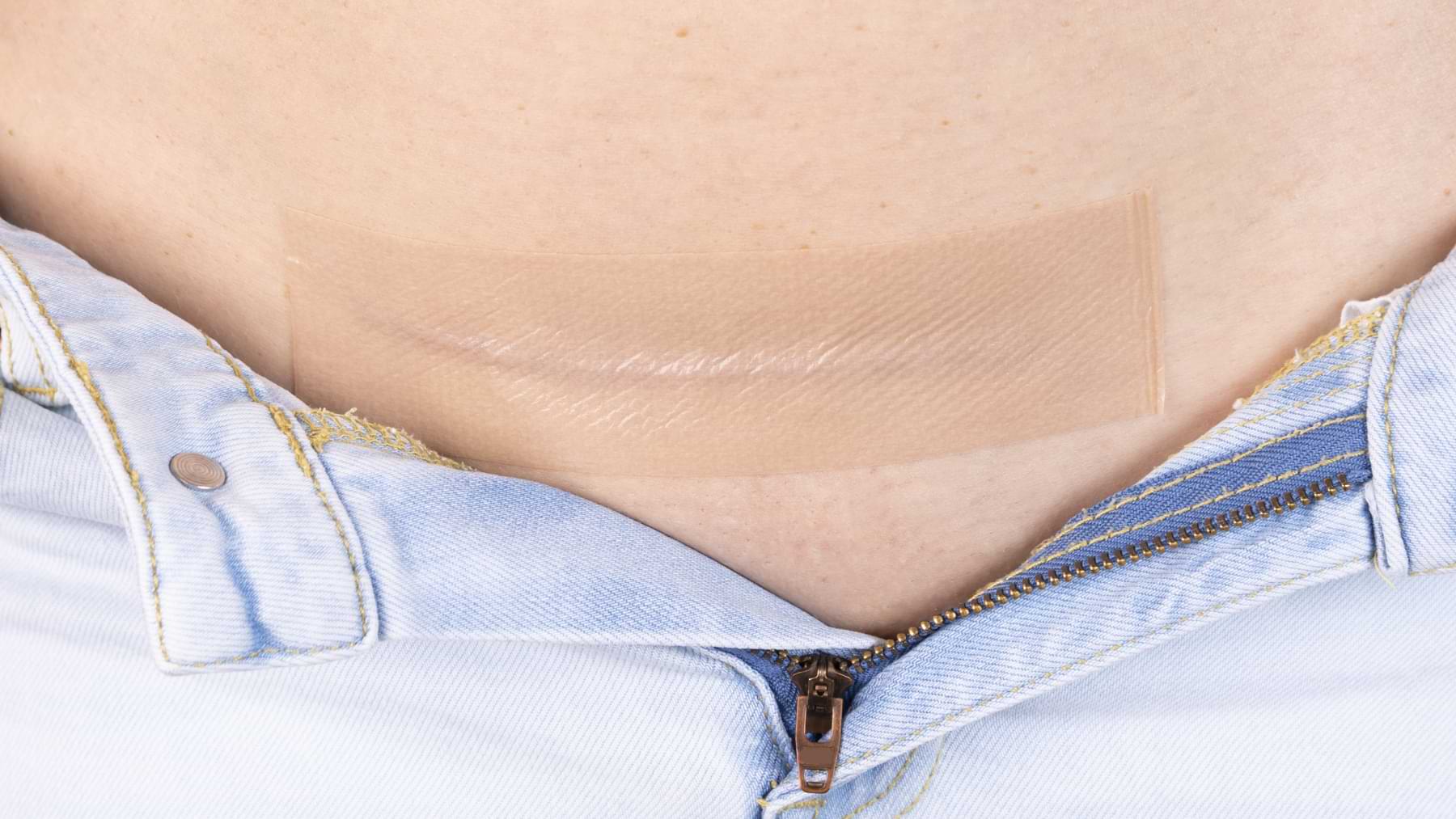
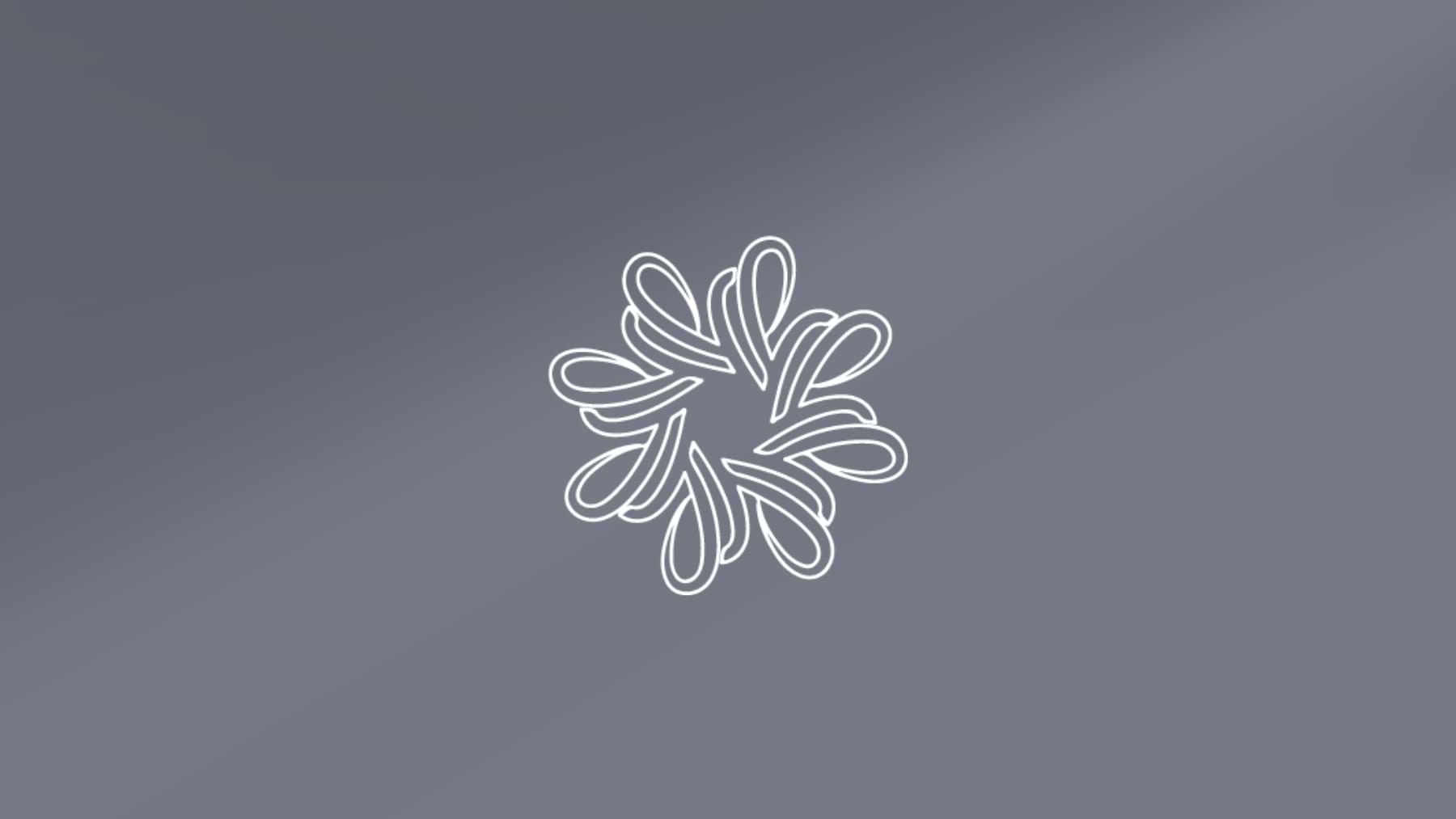
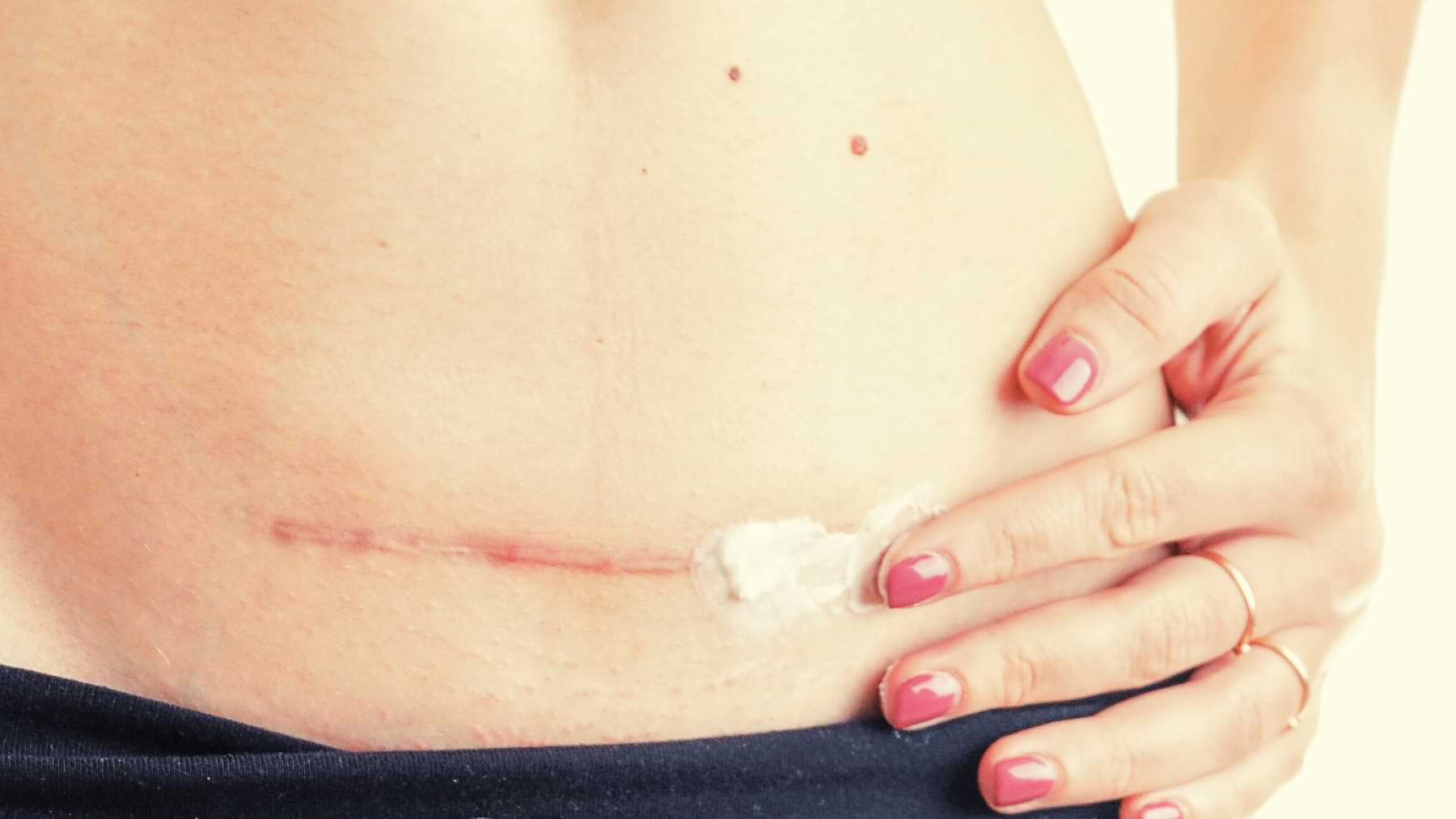
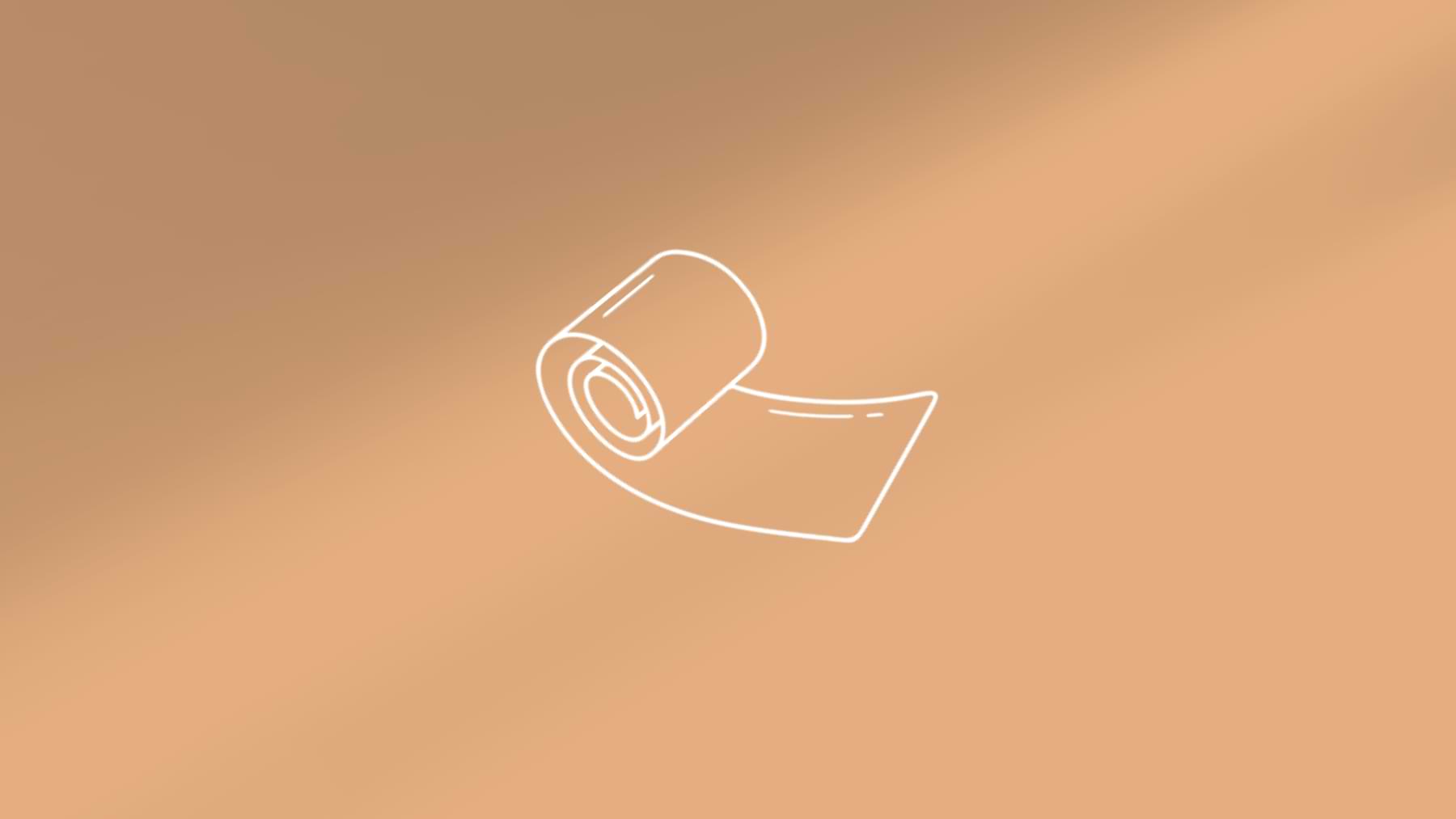
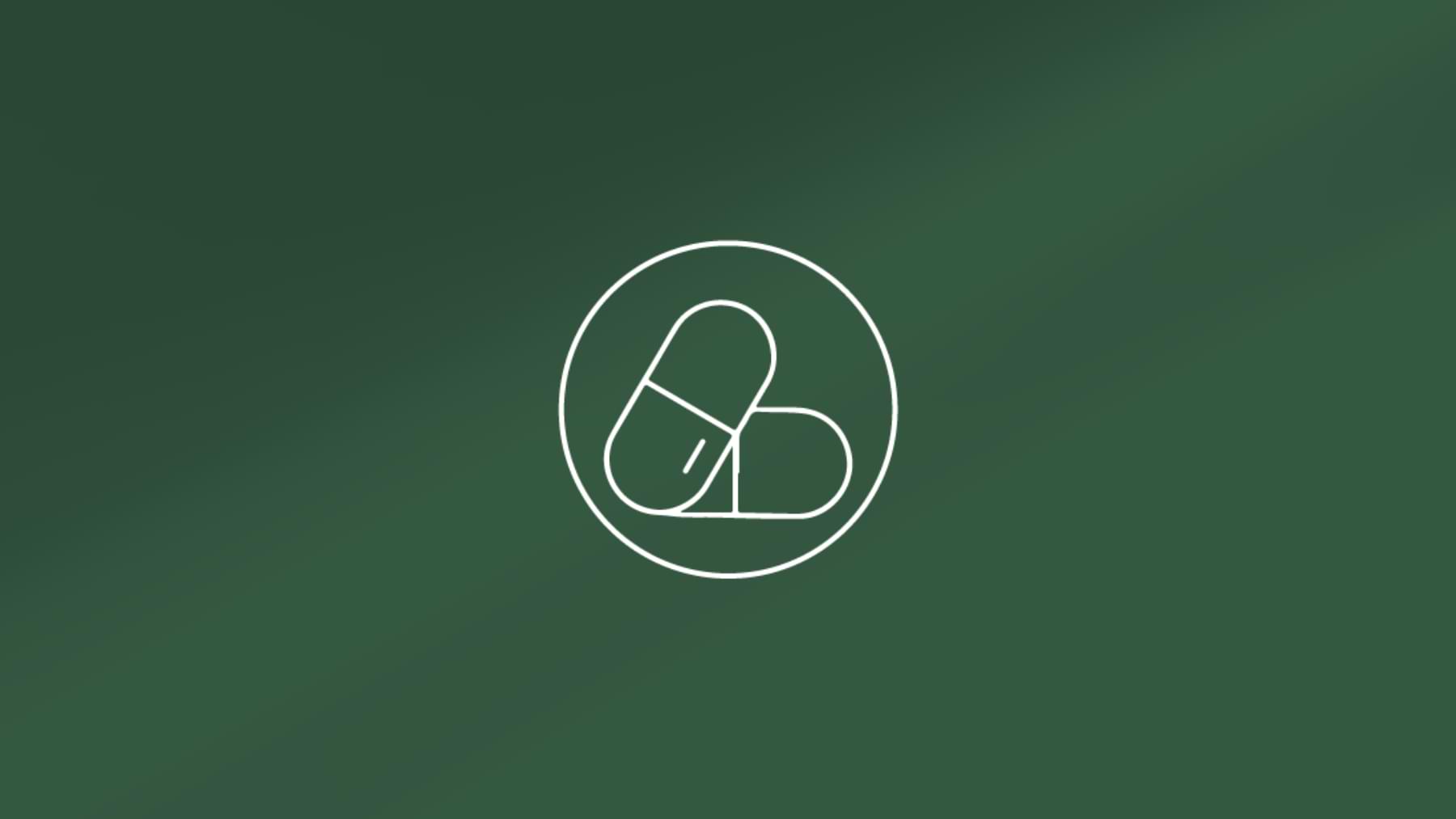
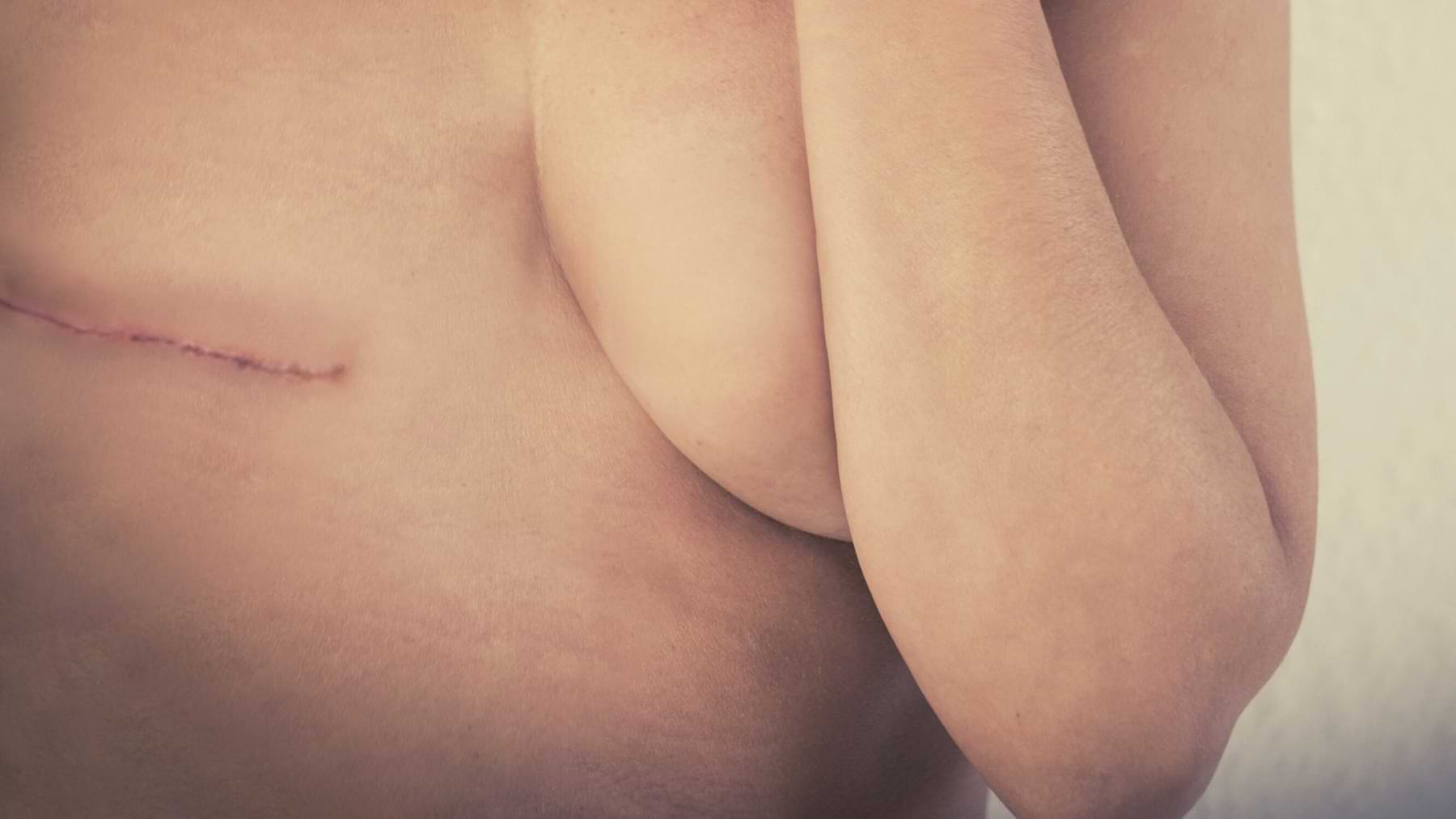
Share:
Bioactives → Probiotic Lysate
Therapeutics → Medical-Grade Silicone